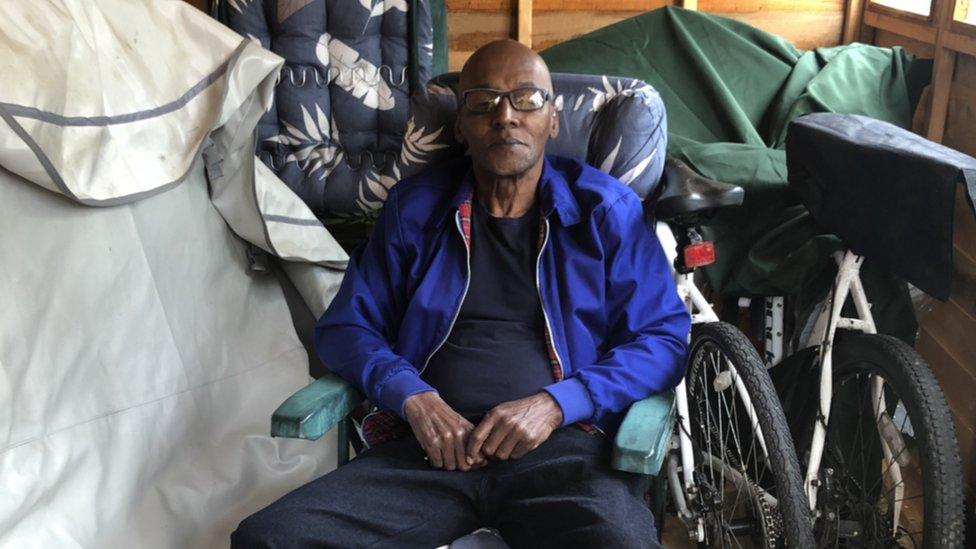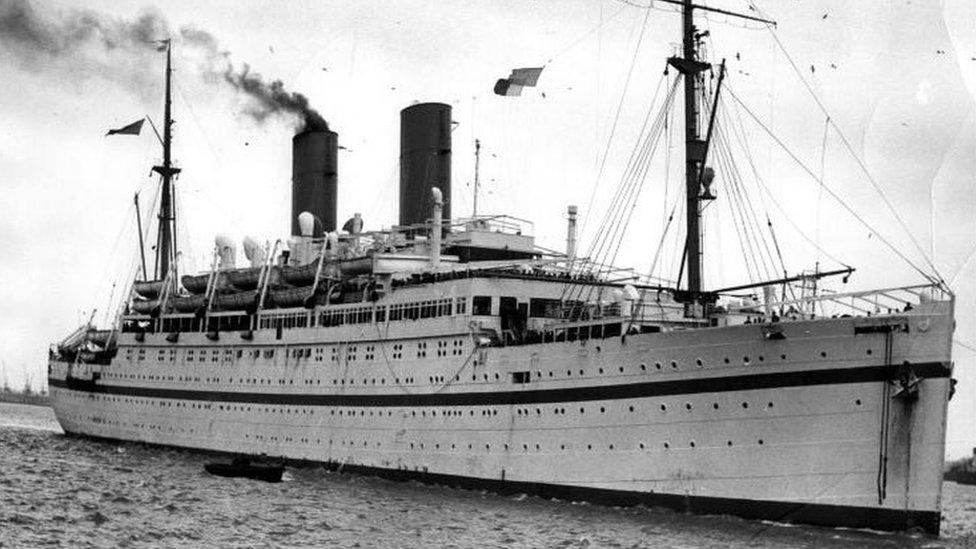Windrush: Priti Patel promises to implement recommendations
- Published
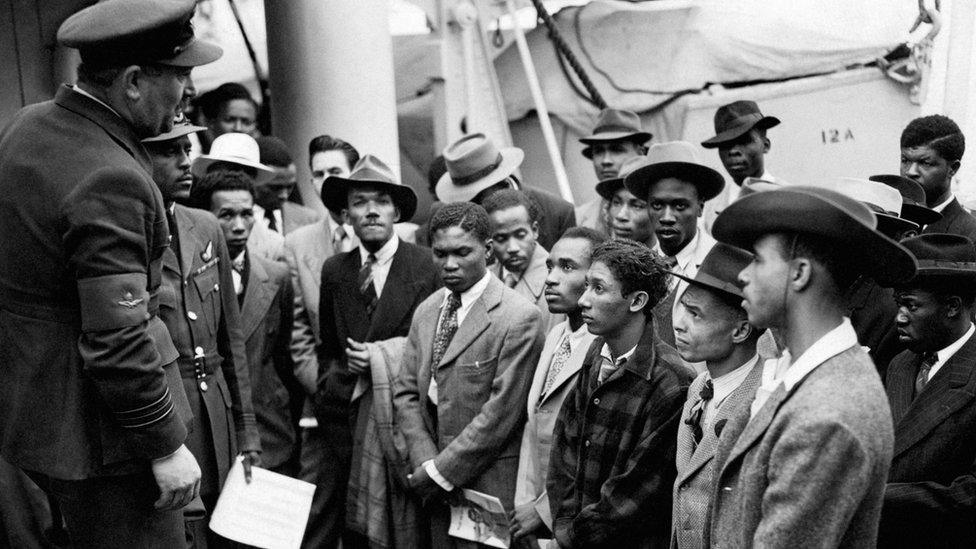
Jamaican immigrants met by RAF officials at Tilbury Docks, Essex
The recommendations of a review into the Windrush scandal will be implemented in full, Home Secretary Priti Patel has said.
The report criticised the Home Office after those who came to the UK from Commonwealth countries were wrongly told they were in Britain illegally.
Mrs Patel also acknowledged that compensation payments to those who had suffered had been "far too slow".
Labour accused the government of being "too slow to right the wrongs".
Speaking in the House of Commons Mrs Patel said the Windrush Lessons Learned Review - led by Wendy Williams, an inspector of constabulary - had been "damning" about the conduct of the Home Office and "unequivocal about the institutional thoughtlessness towards race and the history of the Windrush generation".
She said her "determination to right the wrongs and injustices suffered by the Windrush generation is undiminished" and promised to make sure that "more people are compensated in full".
Ms Patel told MPs that so far 12,000 people had been granted documentation by the Windrush Task Force including over 5,900 grants of citizenship.
She said, as of the end of March, more than £360,000 had been awarded in compensation and that more than £1m had been offered in claims so far.
Martin Forde QC, the barrister who devised the Windrush Compensation Scheme, external, has told the BBC that there has been one six-figure settlement, an offer of more than £100,000 and a part-payment (or interim) offer of more than £100,000, which could be on track to settle for £250,000.
"All I can say is apply, apply, apply," he said. "This scheme is worth it."
'Slow to act'
Labour's shadow home secretary Nick Thomas-Symonds accused the government of being "slow to act" and noted that "just 60 people" had been compensated so far.
"We have to see far more in the way of action from this government to get the impression that they take this issue seriously," he said.
Mrs Patel agreed that the rate of payments had been too slow but added "I am not apologising for that at all."
"It is right that we treat each individual with the respect and dignity they deserve - these are complicated cases," she added.
SNP home affairs spokeswoman Joanna Cherry urged the government to introduce a "root and branch review" of the hostile environment policy introduced to tackle illegal immigration.
The Windrush Lesson Learned Review published in March 2020 made 30 recommendations including:
Hosting a programme of reconciliation events with members of the Windrush generation
Ensuring Home Office staff undertake a comprehensive programme covering the history of the UK, its relationship with the rest of the world and its colonial history
The appointment of a Migrants' Commissioner, responsible for speaking up for migrants and those affected by the system
The home secretary promised to return to the House of Commons to set out how the government would be implementing the recommendations, before the parliamentary summer break.
Working group
On Monday in honour of Windrush Day, the Prime Minister Boris Johnson met Bishop Derek Webley, co-chair the Windrush Working Group.
The newly-launched working group, which he will co-chair with Mrs Patel, will bring together stakeholders and community leaders with government officials to address the challenges faced by the Windrush generation and their descendants.
Bishop Webley, told the BBC: "This is not another review, action is needed. We cannot afford for this to fail.
"Too much blood has been spilt by many for this country. So therefore they're not granting us a favour, it's an inherent right.
"They've fought for it, they've worked hard for it, and we need to help the country build a bright, prosperous future that celebrates difference."
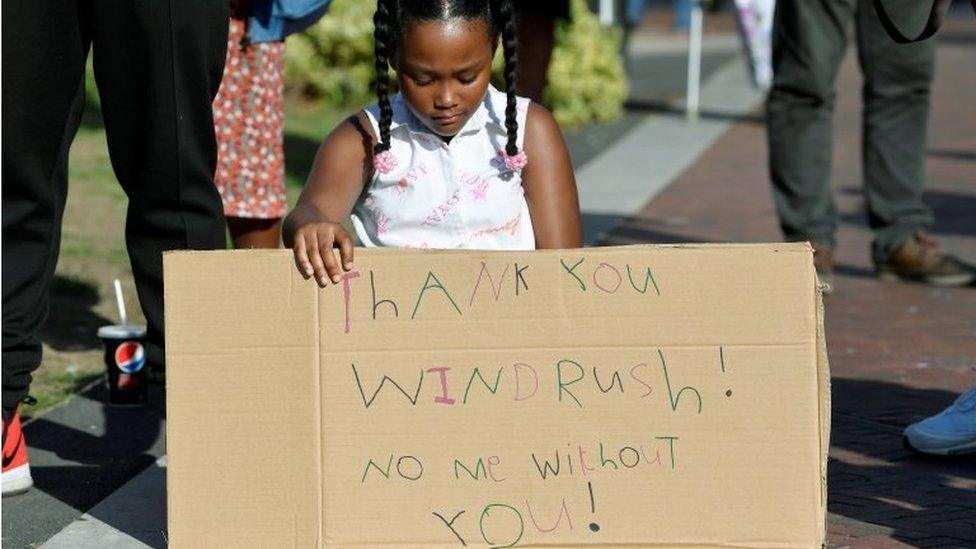
One girl holds a placard at a rally celebrating the contribution of the Windrush generation
The Windrush generation is named after the ship which brought workers to the UK in 1948. An estimated 500,000 people arrived in the UK from Caribbean countries between 1948 and 1971.
Although they were granted indefinite leave to remain in 1971 thousands of their children were travelling on their parents' passports, without their own documents.
In 2012, as part of measures to tackle illegal immigration those without documents were asked for evidence in order to continue working, access services or remain in the UK.
This led to some being detained or even removed from the UK despite having live in the country for years.
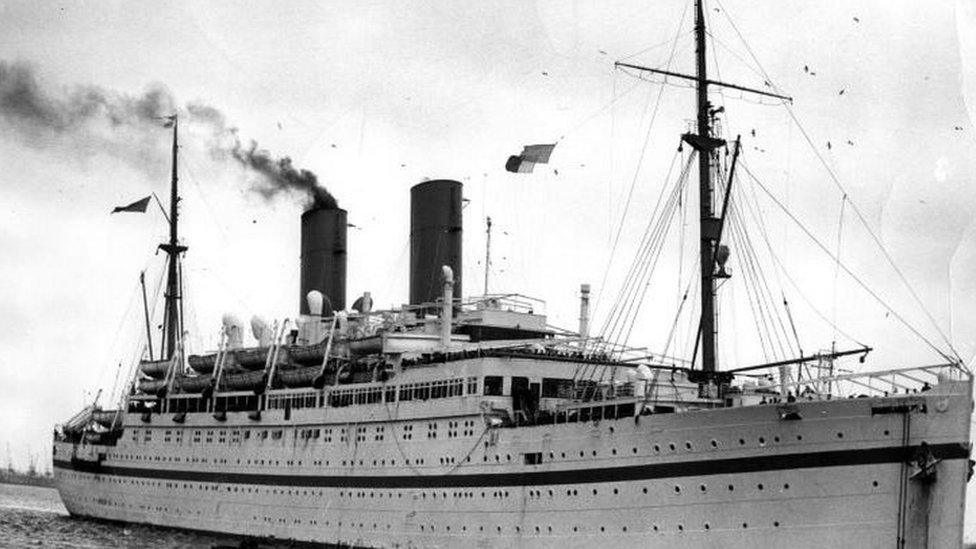
The Empire Windrush bought workers to the UK in 1948
- Published5 June 2020
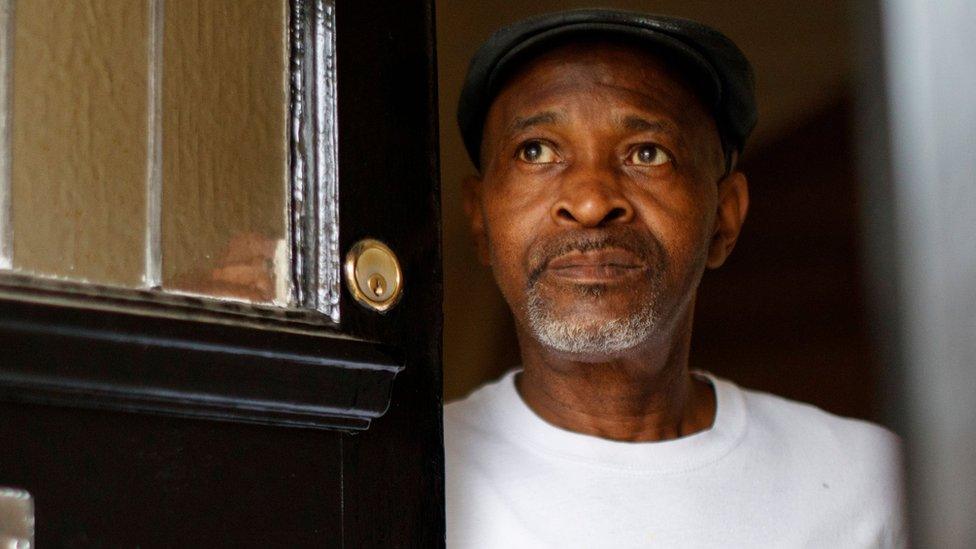
- Published22 June 2020
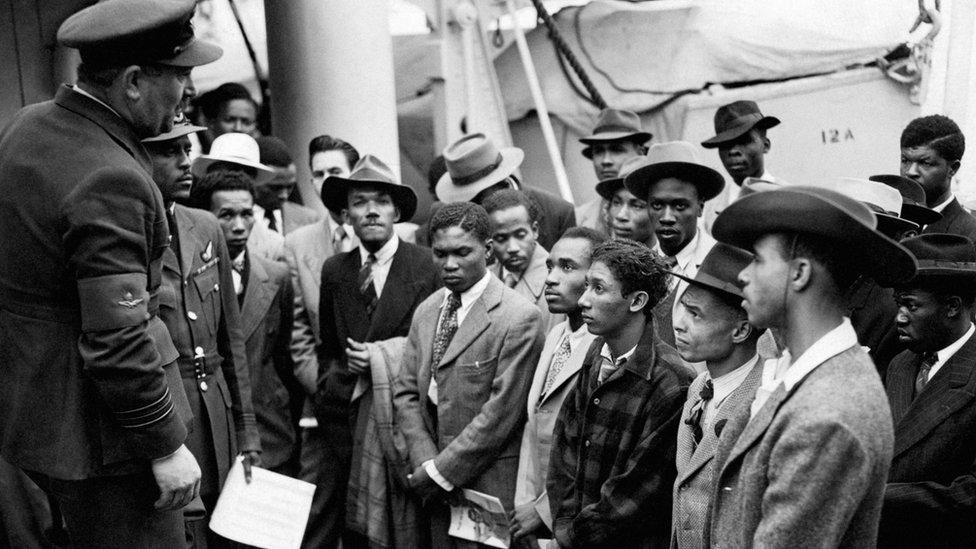
- Published19 March 2020
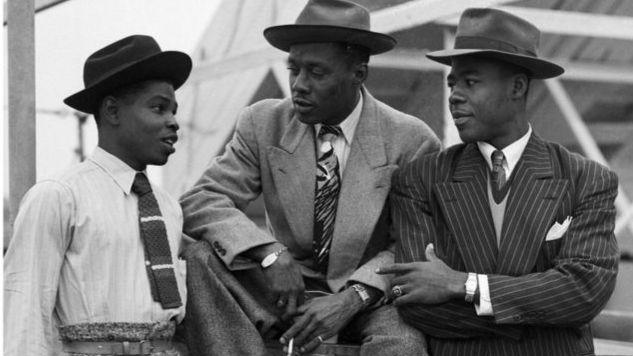
- Published23 June 2020
